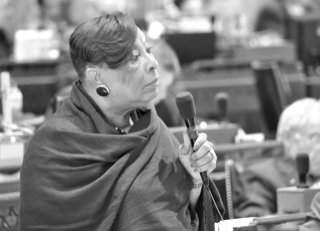200
Drew White
LSU Manship School News Service
BATON ROUGE -- Convicted felons who are back in their communities are one step closer toward having their voting rights restored under a bill that passed a House committee on Wednesday.
The House and
Convicted felons may get right to vote
previous post




